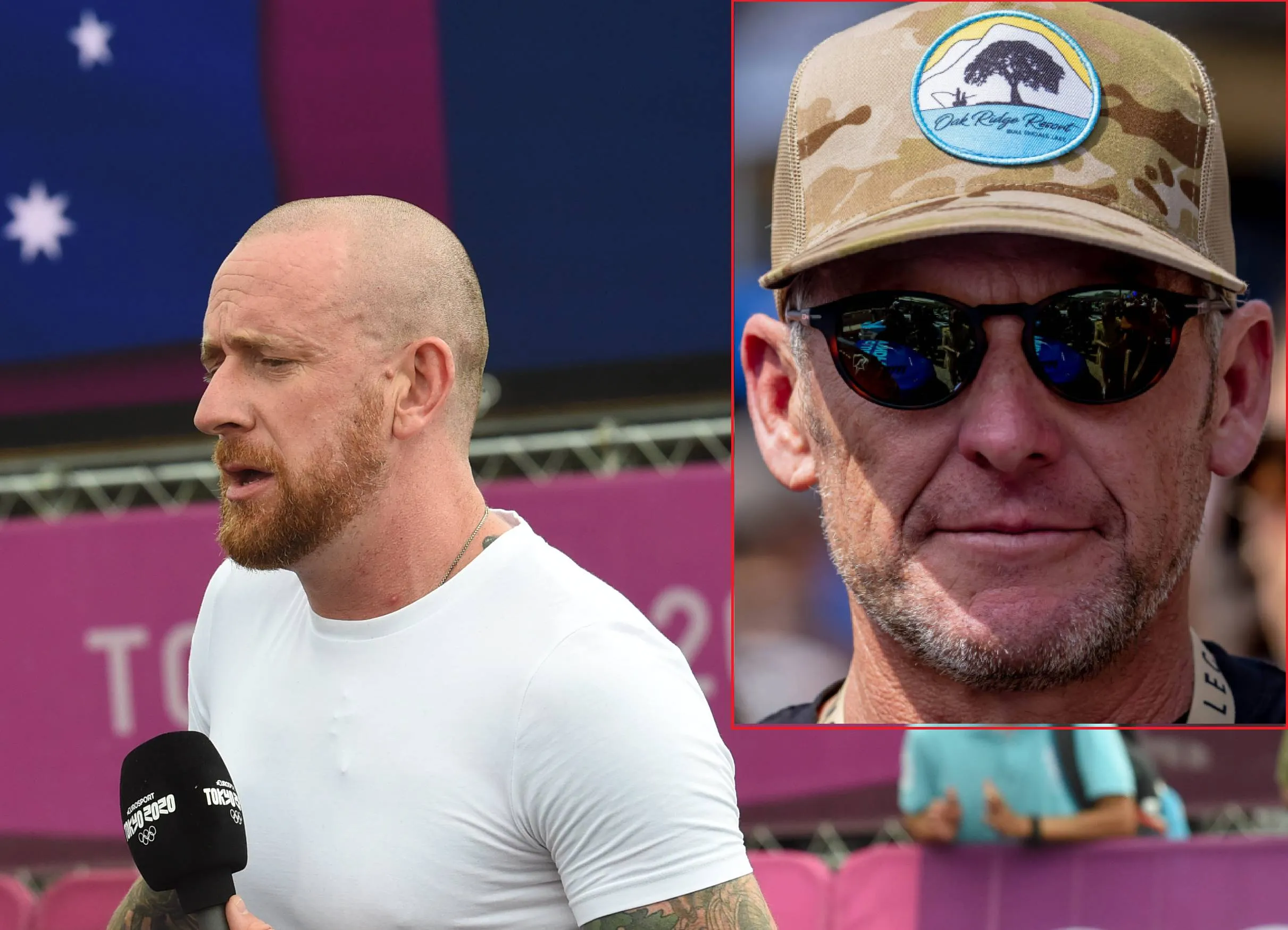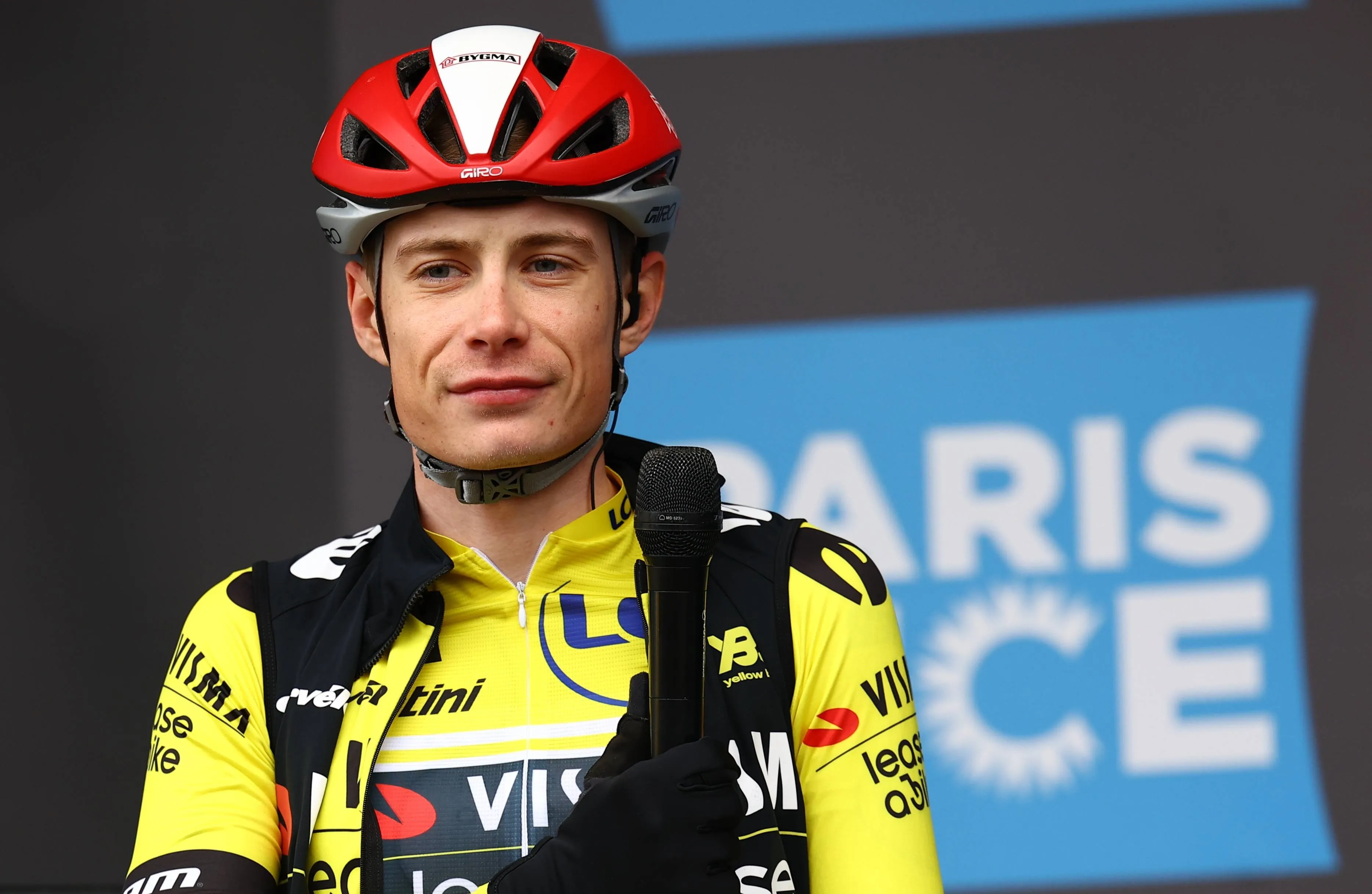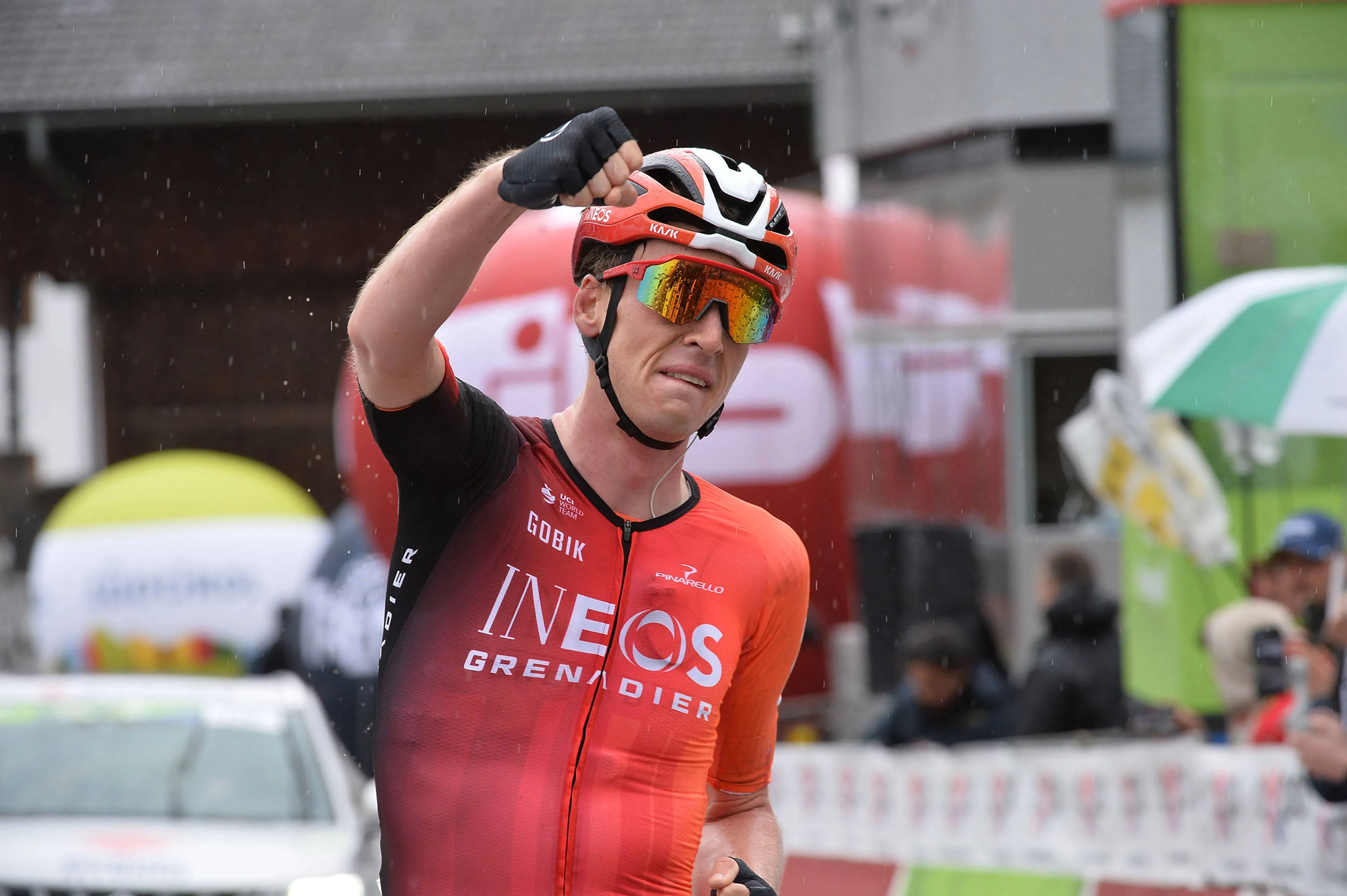"My rivals also cheated, and that destroyed some" - Lance Armstrong reflects on his era's doping problem and analyses how the Tour de France needs to change
CyclingSaturday, 22 March 2025 at 15:39

Lance Armstrong... His name can barely be uttered in cycling circles nowadays without igniting a furious response from the sport's die-hard fans, with shouts of 'cheat' and 'doper' always quick to follow. Before the controversial American became persona-non-grata in the cycling world however, he was one of the biggest sporting names on the planet.
As such, there are still some who value the now-53-year-old's opinion on modern cycling, as shown by the large viewership garnered on his The Move podcast alongside former team boss Johan Bruyneel and others. In a recent interview with Jot Down Sport, Armstrong reflected openly on his own doping transgressions but stressed he was far from the only culprit in the peloton during that era.
"My rivals also cheated," Armstrong hits back, noting how some even got so caught up in the issues prevalent in the sport at that time, it ultimately cost them their lives. "That destroyed some of my competitors. I lost five or six competitors from my generation to banned substances and bad habits."
Read also
Although Armstrong himself struggled with substances, he managed to pull himself through. "I had a challenging time and could have given up during that period. But I decided not to and to keep fighting. I am enormously proud that I succeeded," he recalls. "I was born when my mother was only seventeen, and she never gave up during that time. I never gave up, thanks to my mother's example back then. I often thought of her during the dark period, ultimately saving me."

One of Armstrong's great rivals Marco Pantani (L) struggled with addiction before his premature death in 2004
As shown by his regular musing on The Move, Armstrong still regularly keeps an eye on the modern sport. In the American's opinion though, things can definitely be improved. "The organizers don't want to let go of their showpiece, and in my opinion, that is a disadvantage for the sport. If I were to ask my children to watch a Tour de France stage together, they would all say no," he explains. "Cycling is simply an old-fashioned sport, which hasn't changed in recent years. The way I see it, I don't think much will change in the sport in the coming years. Watching a race all day is not appealing to young people. Young people only like it when something interesting happens."
"I always considered the Tour de France to be my race," concludes Armstrong. "But now that I visit France more often, I feel that the Tour de France belongs to everyone, especially the French. I also really enjoy the country, and Paris in particular. The more often I come to Paris, the more I think about how wonderfully beautiful it is here."
Read also
claps 4visitors 4
Just in
Popular news
Latest comments
- Slowly and slowly Remco is fading. He's an over rated cyclist.Mou-Cro-HR19-02-2026
- Go back a few months and check what I wrote. This guy is the best sprinter out there in the next 5 years. Also he can do more than sprint ..
 PAULO19-02-2026
PAULO19-02-2026 - Fantastic climb by Tiberi. Let’s see more of this from him.Pedalmasher19-02-2026
- Loved watching this finale. Brutal climb, looked like a brand new Middle Eastern Alpe d'Huez with those switchbacks on the mountain edge. So much grit on Del Toro's face. I really thought he might catch Tiberi with about 1500m to go. Great stage.antipodeanpedalfan19-02-2026
- You’re expecting cycling to stay immune from this type of conjecture when the worlds’ most watched and listened to figure spouts out similar unsubstantiated crap daily? Most people just follow bad example because it’s a lot easier than figuring out a good one. Anyway, it could be anything, perhaps he just knew Andrew too well, or Sir Jim didn’t want him helping any more of those pesky foreigners and paid him off ;-) He doesn’t seem the Epstein type but if that was it, kudos to him for being practically the only one to resign BEFORE being found out. I find it very concerning that no-one has much to say about any of these people who keep at it until they just can no longer claim their innocence. Who did they learn from, Lance?Mistermaumau19-02-2026
- If you are going to make comments like that, back it up with proof. Otherwise keep them to yourself.Searider18-02-2026
- In the same place as the outcry over boys vs girls losing weight, which, is in about the same place as boys vs girls getting hit, or abused.Mistermaumau18-02-2026
- Haha.awp18-02-2026
- That's a little extreme, you take wins where you can get them.awp18-02-2026
- Ironic no, a British boss of British companies has no problem outsourcing a large proportion of jobs to foreigners and then complains a proportion of that proportion actually lives in the country. And do you expect if you leave that no-one will take your spot?Mistermaumau18-02-2026
Loading
6 Comments







